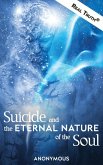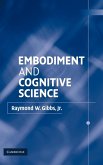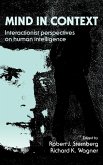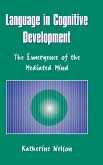Unlike sleights of hand, which fool the senses, sleights of mind challenge cognition. This book defines and explains cognitive deception and explores six prominent potential historical instances of it: the Cross of King Arthur, Drake's Plate of Brass, the Kensington Runestone, the Vinland Map, the Piltdown Man, and the Shroud of Turin. In spite of evidence contradicting their alleged origins, their stories continue to persuade many of their authenticity. Peter Hancock uses these purported hoaxes as case studies to develop and demonstrate fundamental principles of cognitive psychology. By dissecting each ostensible artifact, he illustrates how hoaxes can deceive us and offers us defenses against them. This book further examines how and why we allow others to deceive us and how and why we even deceive ourselves at times. Accessible to beginner and expert alike, Hoax Springs Eternal provides an essential interdisciplinary guide to cognitive deception.
Hinweis: Dieser Artikel kann nur an eine deutsche Lieferadresse ausgeliefert werden.
Hinweis: Dieser Artikel kann nur an eine deutsche Lieferadresse ausgeliefert werden.

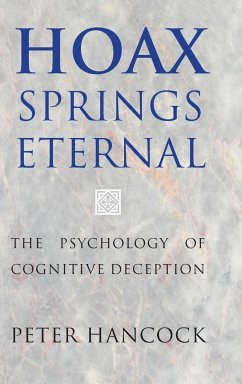

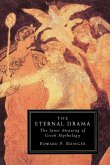
![Eternal Echoes [ZLS Edition] Eternal Echoes [ZLS Edition]](https://bilder.buecher.de/produkte/68/68966/68966793n.jpg)
